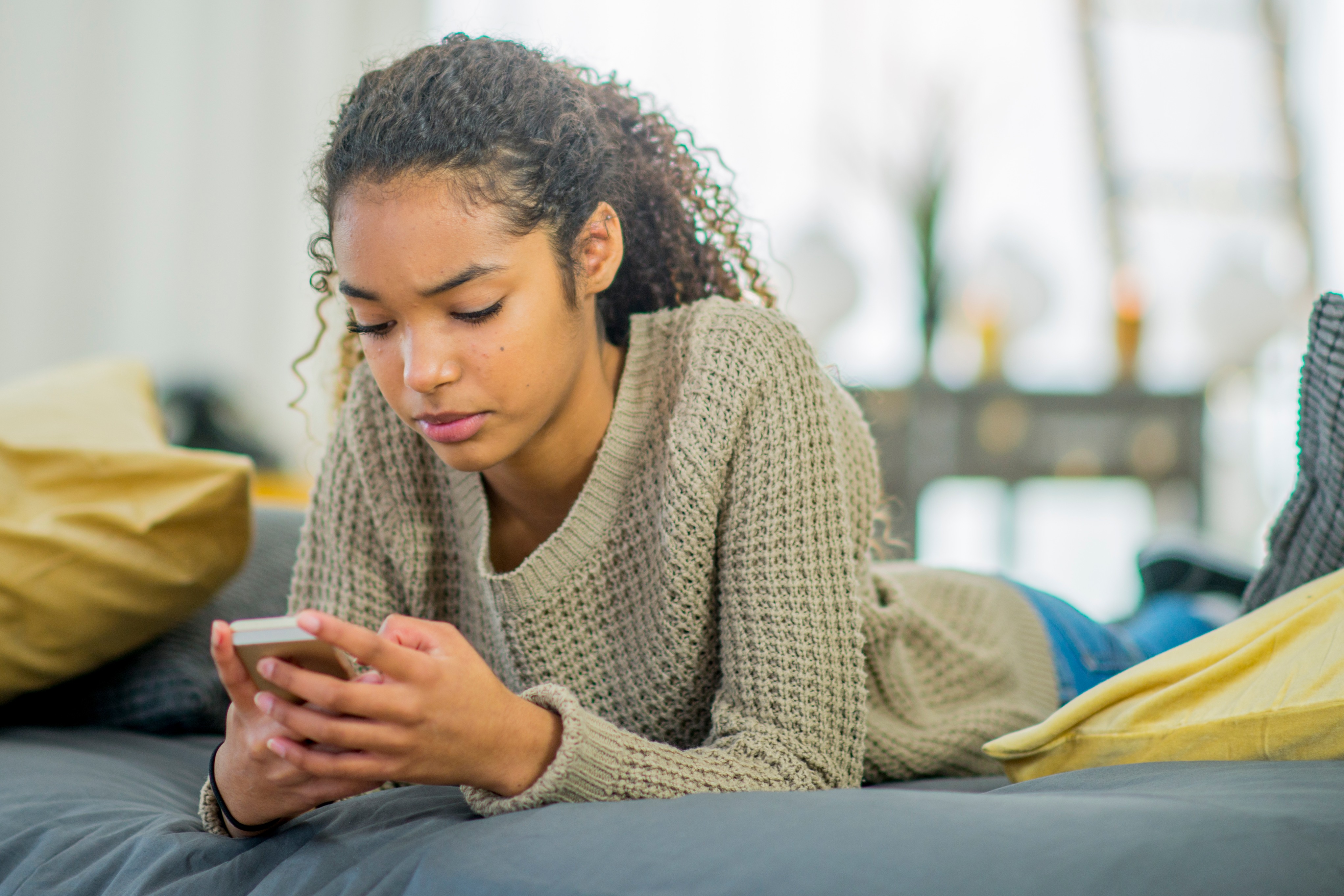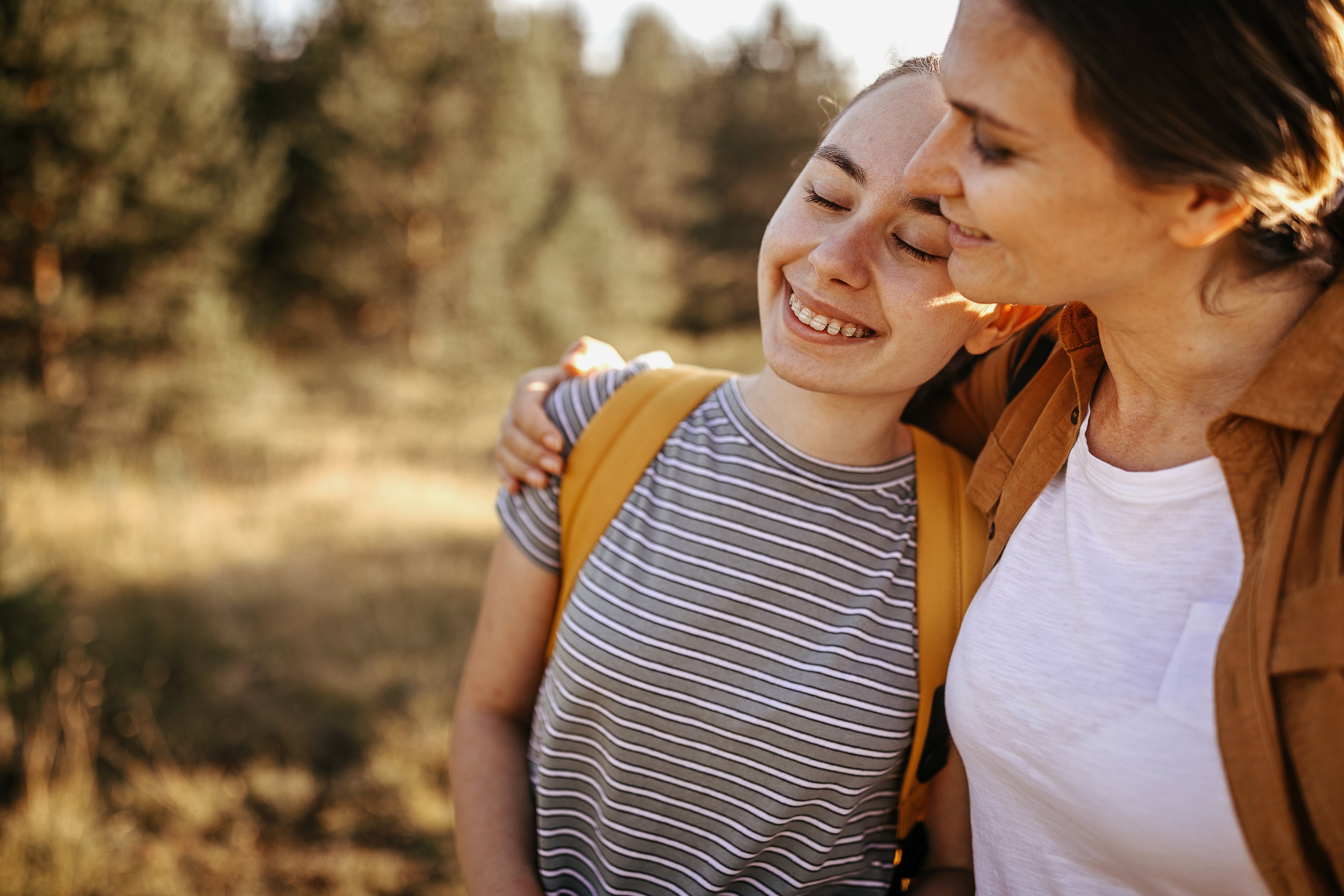Women in Sport this week published important new research, funded by Comic Relief, which reveals how the Covid-19 pandemic has affected the lives of teenage girls and their relationship with sport and physical activity.
The research showed that lockdown has led girls to recognise the value of exercise for physical and mental health -
- 52% of girls agreed that keeping fit and doing physical activity was more important than ever.
- 55% of girls said they felt being physically active made them happier.
- 54% said that it made them less stressed.
Perhaps most critically 82% of girls say they will put more effort into being active when life returns to normal.
HABIT
Less positively, half of the girls (51%) surveyed by Women in Sport were concerned that they were losing their fitness and 45% worried that it would be hard to get back into the habit of sport and exercise after the pandemic. Many have lost confidence in their sporting ability (41%) and many more are worried about being in large groups again (40%).
The charity is calling for more recognition of the essential importance of sport and exercise for girls, and increased guidance and support for teenage girls as they navigate their way back to activity and through the easing of restrictions.

Even before the pandemic, society was facing a mental health crisis among young people. By the age of 14 one in four girls report experiencing high levels of depressive symptoms compared to one in 10 boys*. Teenage girls value having a strong support network and the absence of socialising has hit them hard, even though girls are spending much more time online to stay connected to friends, family and the wider world. Women in Sport’s research found that 70% of teenage girls missed spending time with friends most during lockdown and 43% said they felt lonely.
Participation in sport is proven to improve both mental and physical health, boost self-esteem and mood, and to build life skills. Therefore the charity is calling for:
1. More opportunities to be provided - both in and out of school - for girls to take part in sport and physical activity that meets their needs. As restrictions begin to ease schools, leisure providers and sports organisations should put girls at the heart of their programming. Women in Sport’s 8 Principles for Success offers guidance to ensure girls are motivated and excited by offers that meet their needs for enjoyment and physical connection.
2. Action by local authorities to ensure outdoor spaces are safe and accessible to girls. Even in winter, being outdoors brings opportunities for freedom and connection with both nature and other people. 41% of girls said they have been going for more walks during the pandemic and saw the positive impact on their mood and wellbeing. Urban spaces should be better designed around the needs of girls and women making sure girls feel and are safe outside.
3. Online exercise offers which meet girls’ needs - although these sparked interest among girls initially, this soon faded as the online offers were not tailored and engaging enough to meet their needs. 70% said online exercise needed more fun and excitement; 55% said more classes were needed for girls of my age/like me; 44% said to make online exercise more sociable and interactive.

It is vital that new positive exercise habits developed in lockdown by those previously inactive teenage girls are not lost. Equally those girls who were involved in sport before the pandemic will need supporting to re-engage as restrictions begin to ease over the coming months.
Stephanie Hilborne, CEO of Women in Sport, said: “Society needs to wake up to the reality that teenage girls need sport and exercise as much as anyone.
“Girls have been denied access to sport and exercise for far too long. The needs of girls are often ignored because when they are unfulfilled, unexpressed and unhappy it is not necessarily society that bears the cost, but their own mental health.
DETERMINED
“The teenage girls who have experienced the pandemic deserve to benefit from an injection of sporting energy as they emerge, and we’re determined to make sure that can happen.”
Women in Sport conducted in-depth ethnographic research over a two-month period with a group of girls aged 13 to 16 who were both active and less active before the pandemic and how their lives were affected. The charity also undertook a survey of 1,500 of girls, representative of the diversity of people in the UK.
To read the full report, visit womeninsport.org.
*Patalay P & Fitzsimons E. Mental ill-health among children of the new century: trends across childhood with a focus on age 14. September 2017. (Part of the Millennium Cohort Study)












